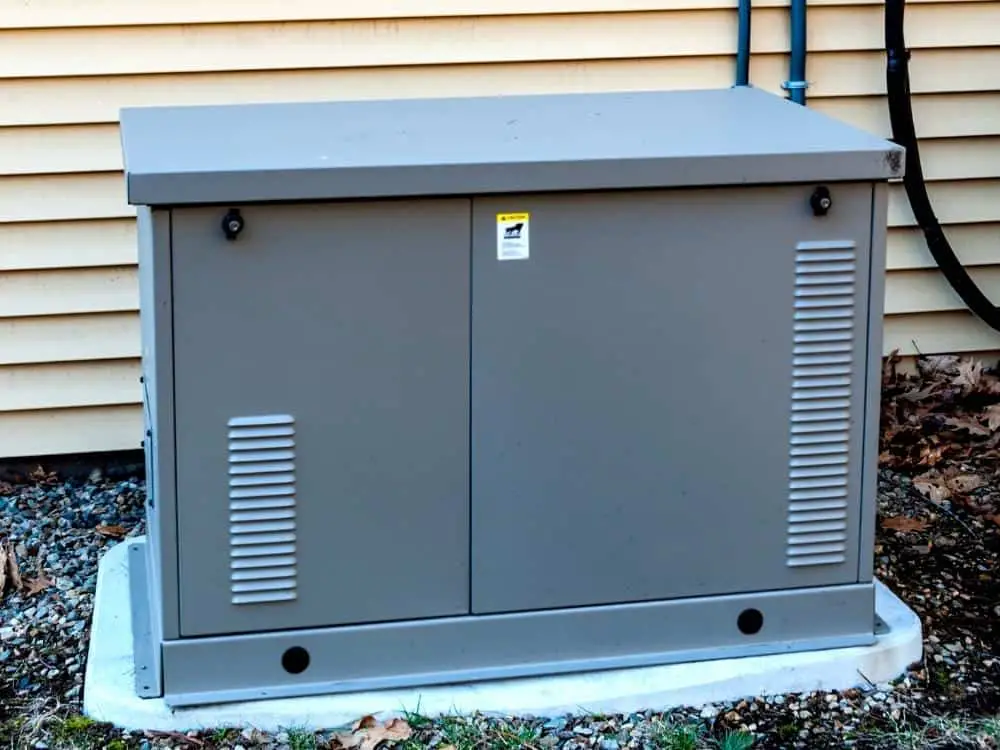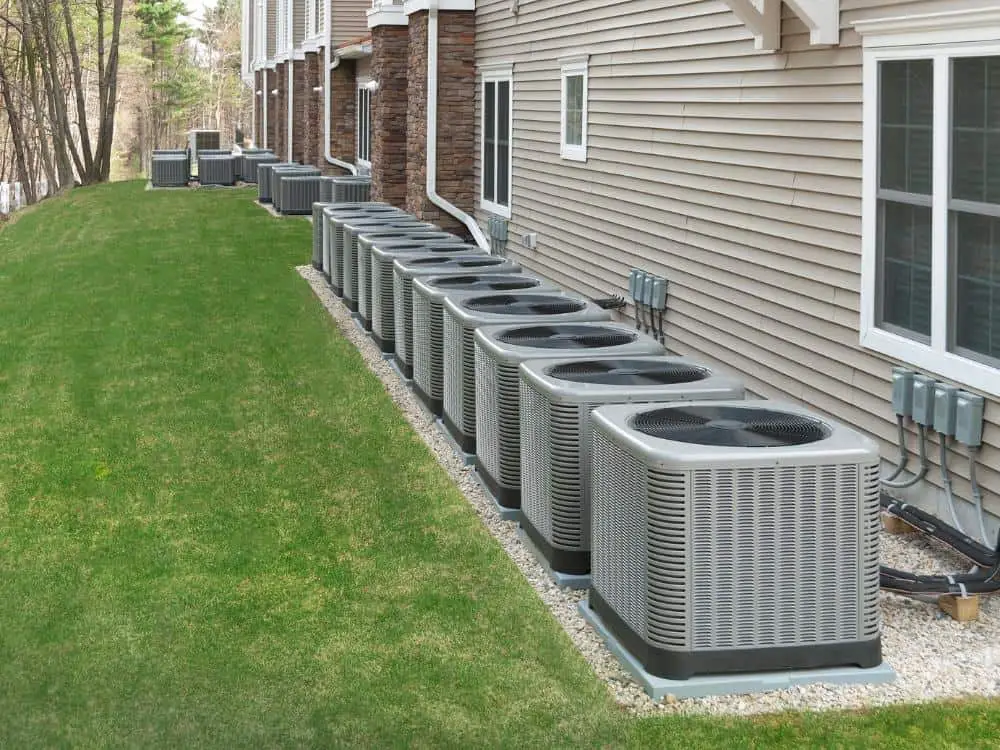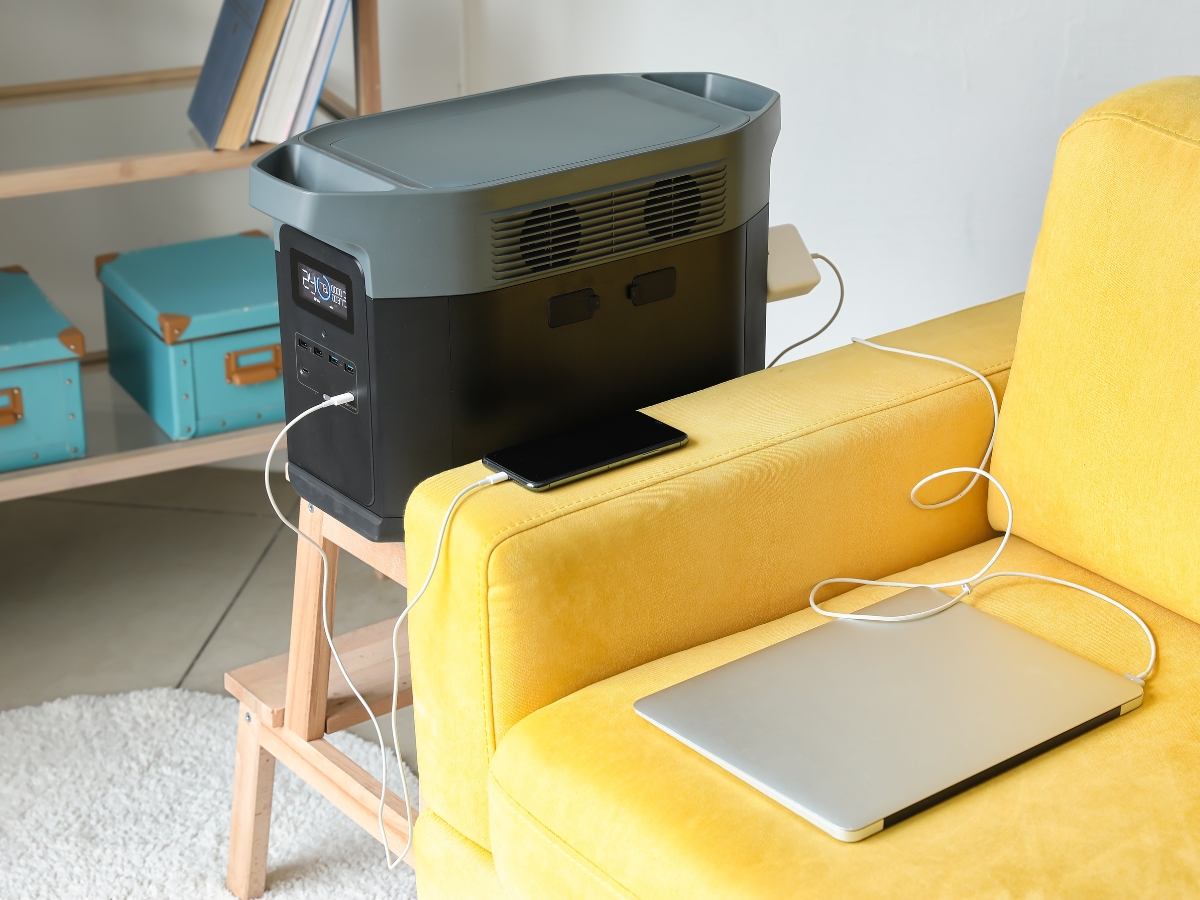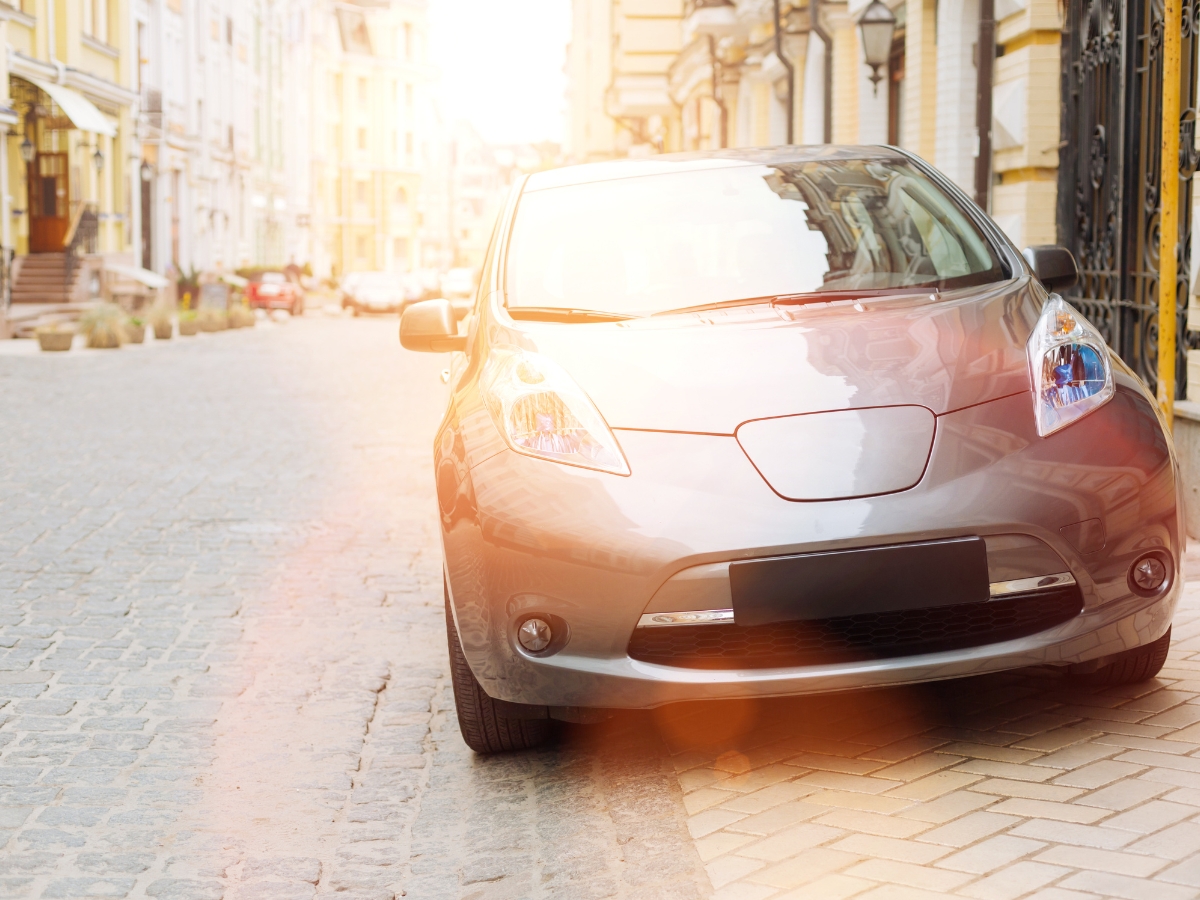The purpose of the idle mode is to keep your generator running at a low speed to preserve fuel and reduce noise when there is no load. You might run into a generator with an RPM that doesn’t remain stable when idling, indicating issues with fuel or other components.
Why does my generator idle up and down? We’ll answer this question and explore additional topics below, including:
- What causes your generator to idle up and down?
- How you can prevent surging with basic maintenance.
- How to tell when you need more advanced repairs.
Almost all generators have specific fuel requirements and using any other kind of fuel can cause several issues within its functioning, including idling up and down
Read on to learn more about generator surging and how you can address this problem.

How to Tell if Your Generator Is Idling Up and Down
When a generator idles up and down, the RPM speeds up and slows down unpredictably when idling. You might hear unusual noises or notice that your generator is using more fuel.
Some generators also have a panel that displays the current RPM, but the most accurate way of diagnosing this issue is to connect a tachometer to the control panel to measure the RPM.
What Is Generator Surge?
A generator surge is a sudden increase in the power output of the generator. You might see lights flicker or notice that the equipment or appliances connected to the generator run faster.
A surge happens when the RPM varies while running a load. A generator with an unpredictable RPM at idle is likely to cause a surge once you add a load.
What Causes a Generator to Pulse?
Pulsing or surging is what happens when the RPM speeds up. There are different possible causes for this issue.
Fuel Levels
One of the first things you should check is the fuel level. Running low on fuel can cause the RPM to drop before speeding back up again.
Issues with Fuel Intake
If the fuel tank is full, another issue might prevent the engine from getting enough fuel to operate properly:
- A clogged fuel line or fuel injector could restrict how much fuel the engine gets.
- You might have a leak somewhere in the fuel line.
- Old spark plugs could prevent the engine from using the fuel it gets.
Incorrect Fuel
If you use the wrong fuel or burn low-quality fuel in your generator, you might end up with thick fuel residues that gum up the fuel line and other components. These residues can restrict fuel intake and lead to surging.
Capacitor Problems
The capacitor regulates the voltage of your generator. If this component fails, it might randomly increase the voltage output and rev up the RPM even though you’re not running a load.
Older Engine
Wear and tear on the engine can cause erratic behavior and surges, especially if you have an older generator without a governor.
Improper Use of the Generator
When adding a load to a generator, you need to increase the engine speed and power output gradually. If you add a large load and start the connected appliances suddenly, the generator will struggle to keep up and might surge.
How to Fix a Surging Generator
It’s best not to run a load if you’re experiencing issues with idling or surging. A sudden surge can damage the appliances powered by the generator and even damage the generator itself.
Basic Maintenance
Maintenance can prevent issues at idling, and it can also solve some problems that can cause your generator to idle up and down:
- Start by checking the fuel level and adding more fuel if needed.
- If you use the wrong fuel, drain the fuel tank and fill it with the proper fuel.
- Use the dipstick to check the oil level and add more oil if needed.
- Adding a fuel treatment to the tank can help
Cleaning the Fuel System
You might be able to fix your generator by cleaning the fuel line and other components.
- Start by disconnecting the spark plug lead for safety. You should also disconnect the fuel line from the carburetor and close it with a clamp to prevent leaks.
- Inspect the fuel tank and fuel line. Look for leaks and cracks. You can use a pressurized air can to remove debris from the fuel tank and clean the fuel filter and fuel injector.
- You can also remove the carburetor and fuel injector and let these parts soak in a degreasing solution to remove clogs and debris.
- You should also inspect the spark plugs for signs of damage, and replace any part that looks worn out, such as the carburetor or fuel tank.
For more advanced engine repairs, it’s best to take your generator to a professional.
How Do I Stop My Generator from Surging?
There are a few steps you can take to prevent surging:
- Proper maintenance can prevent issues. Make sure to drain the fuel tank before storing your generator, change the oil regularly, and clean the oil, fuel, and air filters.
- Run quality fuel and choose the type of fuel the manufacturer recommends.
- Don’t exceed the recommended load for your generator.
- Balance the load by running similar loads on different phases.

Most Common Generator Issues by Brand
While the tips discussed above apply to all generators, you might be more likely to run into issues with a specific component based on the brand of your generator.
Why Is my Briggs and Stratton Generator Surging?
Briggs and Stratton generator owners seem to run into issues with fuel leaks, clogged air filters, and damaged carburetors.
Westinghouse Generator Revs Up and Down
You should know that there is a recall on two Westinghouse generator models, the Wgen5300DFc and iGen4500DF. These generators are likely to develop fuel leaks.
Champion Generator Revs Up and Down
It seems that the most common issues for Champion generators are clogged air filters, failing alternators, and damaged spark plugs.
Generac Generator Idles Up and Down
Issues with the battery or electrical system could cause an erratic motor for this brand.
Conclusion
If your generator idles up and down, there is likely an issue with the fuel level or fuel intake. However, you shouldn’t rule out problems with the alternator or engine itself. If the problem persists after performing basic maintenance and cleaning the fuel intake system, take your generator to a professional.
FAQ
Here are a few additional things to know about generator surging.
Generator Surging No Load
If you’re running into surging when you don’t run a load, there is probably an issue with the fuel level, fuel intake, or fuel quality.
Generator Sounds Like It’s Struggling
If you hear unusual noises coming from your generator, you should check the fuel level. A clog could also restrict the fuel intake and cause unusual noises.
Brand New Generator Surging
Surges are more common in older generators. If a new generator is surging, make sure you are using the right kind of fuel.
Why Is My Generator Power Fluctuating?
The power output can fluctuate due to issues with the fuel intake. However, you could also have a failing alternator or damaged voltage regulator.
How Do You Fix a Surging Engine?
Start by cleaning and fixing the fuel tank and fuel line if applicable. Clean the carburetor, check the spark plugs, and consider replacing the alternator or regulator.
How Do You Adjust the Idle on a Generator?
The idle kicks in when you’re not running a load. You can adjust the idling speed on some models with a dial on the control panel.
Why Does My Generator Shut Off After 30 Minutes?
If your generator keeps shutting off, there is probably an imbalance in the air-fuel mixture ratio. Check the choke and fuel intake. Keep in mind that some models will shut off automatically if you don’t run a load after 30 minutes.
Generator Sounds like It’s Chugging
Your generator is likely not getting enough fuel. There could be a blockage in the fuel line or a dirty carburetor.
Sources:




